Did you know that growing goji berries, often dubbed the “superfood of the Himalayas,” has been used in traditional medicine for centuries? Their surge in popularity is no coincidence — these tiny red fruits are packed with antioxidants and essential nutrients that can boost your health.
If you love berry plants, you might also enjoy our guide on Coniferous Trees with Red Berries. In this post, we’ll explore how growing goji berries at home can be both rewarding and surprisingly easy.
Choose the Right Variety of Goji Berries
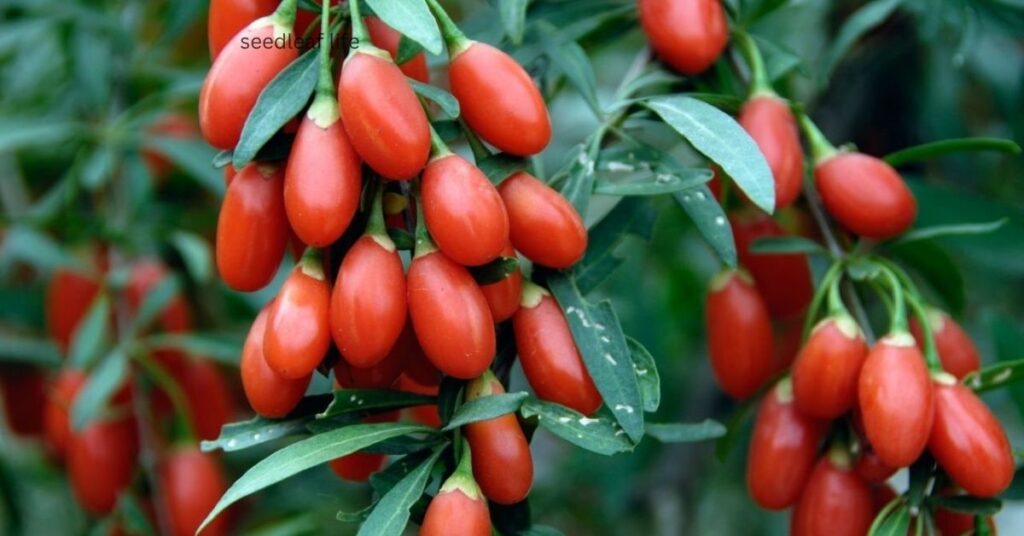
When choosing goji berries for your garden, the right variety makes all the difference. Some are better for small spaces, while others thrive in larger gardens and give higher yields. Selecting the right type is the first step toward successfully growing goji berries and enjoying a healthy, abundant harvest.
Why Variety Selection Matters
The right variety can improve both gardening success and harvest quality.
Popular Varieties
Sweet Lifeberry
- Compact growth habit — perfect for small spaces or container gardening, making growing goji berries easy and rewarding.
- Known for exceptional sweetness.
- Produces plump and juicy fruits.
- Great for snacking and smoothies.
Chinese Wolfberry
- Rich in antioxidants.
- Highly adaptable to different climates.
- Easy to grow – ideal for beginners.
- Sprawling growth – best for larger spaces, creates a lush and attractive landscape.
- Produces abundant harvests.
Additional Considerations
- Space availability: choose Sweet Lifeberry for small areas, Chinese Wolfberry for larger gardens.
- Garden aesthetics: both varieties enhance visual appeal with vibrant foliage and colorful fruits.
Comparison of Goji Berry Varieties for Home Gardens
Note: Goji berries and wolfberries are actually the same fruit. In this guide on growing goji berries, the term Chinese Wolfberry simply refers to a well-known garden variety that’s easy to grow and highly productive.
| Feature | Sweet Lifeberry | Chinese Wolfberry |
| Taste | Very sweet, plump, and juicy | Mildly sweet, high in antioxidants |
| Best Use | Snacking, smoothies | Nutrition-rich harvest, general use |
| Growth Habit | Compact, great for small spaces & pots | Sprawling, ideal for larger garden spaces |
| Climate Adaptability | Performs well in moderate conditions | Highly adaptable to various climates |
| Ease of Growing | Good for hobby gardeners | Beginner-friendly, very resilient |
| Garden Appeal | Neat, space-saving plant | Creates lush, attractive landscapes |
| Harvest Yield | Moderate but consistent | Very abundant |
Select the Perfect Spot for Planting Goji Berries
Finding the perfect spot is where the magic of growing goji berries begins. A little sunshine, good soil, and smart placement can turn your garden into a berry paradise.
Sunlight Requirement
- Goji berries thrive in areas receiving 6 to 8 hours of direct sunlight daily.
- Adequate sunlight encourages robust growth and enhances flavor and nutritional content.
- Observe how sunlight moves across your garden and choose areas that get sun during peak hours.
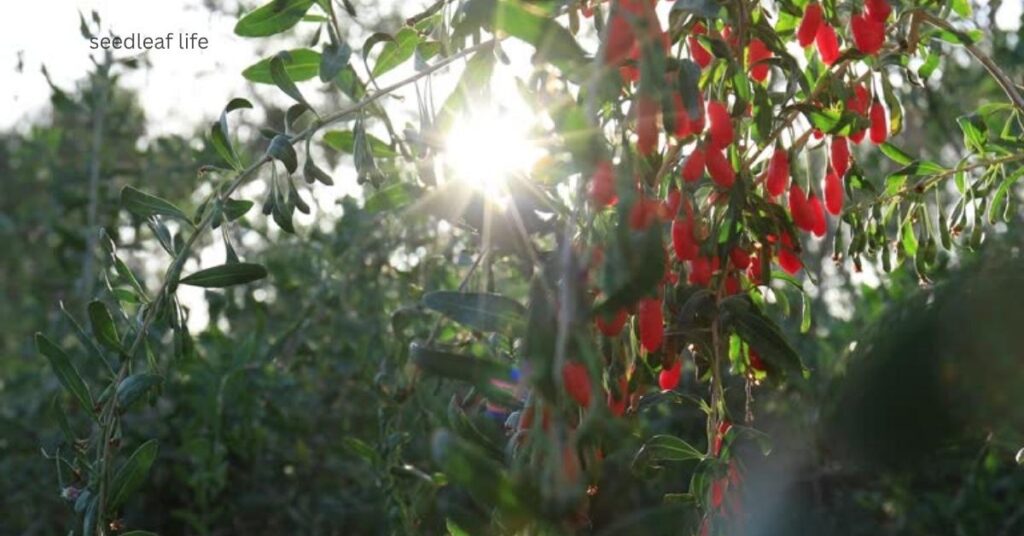
Shelter from Strong Winds
- Protect plants from strong winds that can cause damage, disrupt pollination, and dry out soil.
- Plant near fences, walls, or other structures to act as windbreaks.
- Alternatively, position taller plants around your garden to create a natural shield while allowing sunlight.

By thoughtfully combining sunlight and wind protection, even small gardens can provide the ideal environment for healthy, productive goji berry plants.
Prepare the Soil for Goji Berries
If you want to master growing goji berries, start with the soil. A well-prepared, nutrient-rich base ensures strong roots, healthy growth, and juicy, antioxidant-packed fruits.
Soil Type (Well-Drained, Slightly Alkaline)
- For best results in growing goji berries, keep the soil pH between 6.5 and 7.5.
- Well-drained soil prevents waterlogging and allows roots to access nutrients and oxygen.
- If your soil is heavy or clay-like, amend it with sand or perlite to improve drainage.
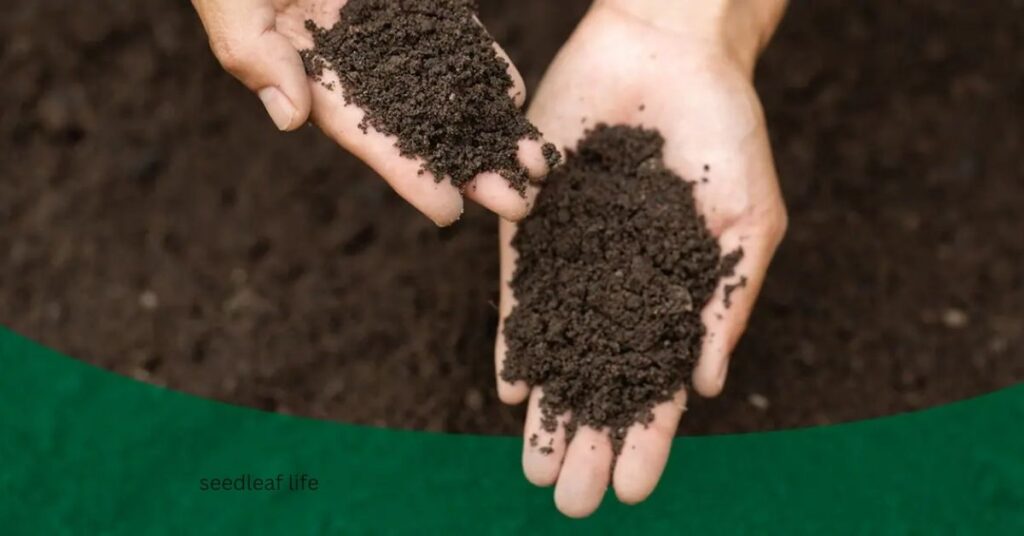
How to Enrich with Compost
- Mix a generous layer of well-decomposed compost into the garden bed before planting.
- Compost improves soil structure, adds nutrients, and supports beneficial microorganisms.
- This creates a fertile environment for healthy roots and a productive goji berry harvest.
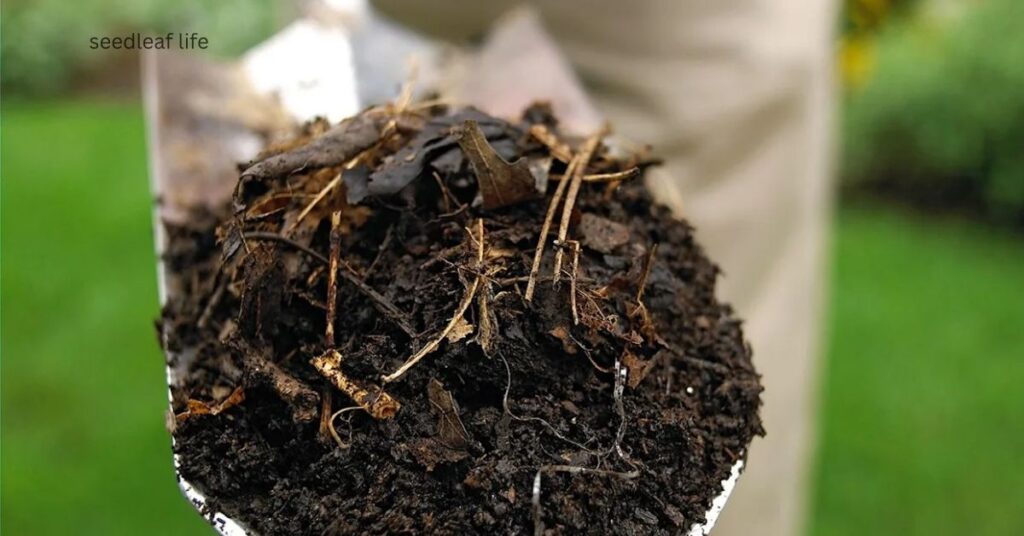
By preparing your soil carefully and enriching it with compost, you lay the groundwork for strong, resilient, and fruit-bearing goji berry plants.
Planting Goji Berries Properly
Proper planting is the heart of growing goji berries — get this step right, and you’ll enjoy healthy plants and a rewarding harvest for years to come.
Growing from Seeds vs Cuttings
Seed:
- Offers genetic diversity and opportunities for experimentation.
- Allows you to nurture a new plant from the very beginning.
- Requires patience as germination can take time.
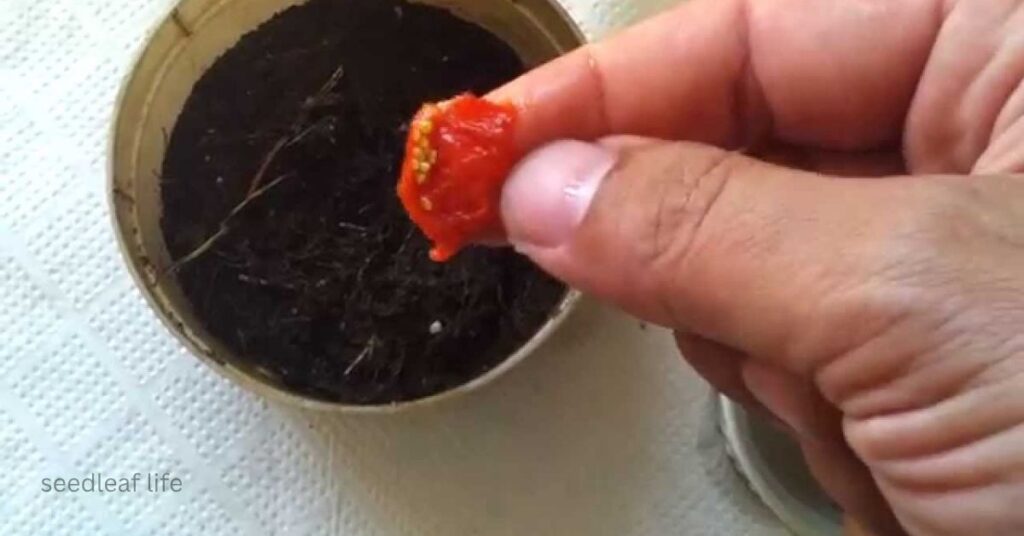
Cuttings:
- Provides a straightforward approach to planting.
- Preferred method for those seeking quicker results.
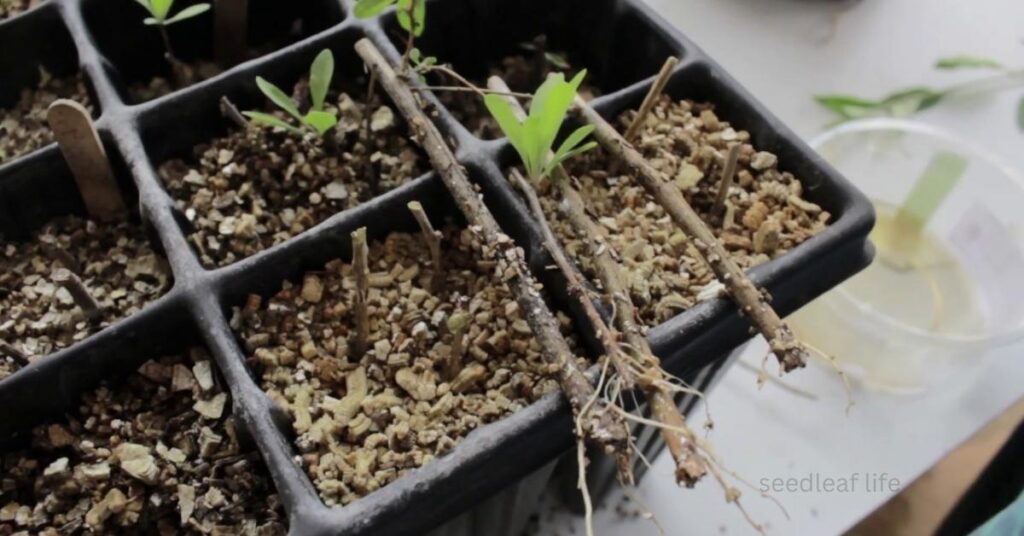
Spacing and Depth
Seeds:
- Plant about 1/4 inch deep.
- Space seeds 2–3 feet apart in rows to ensure air circulation and sunlight penetration.
Cuttings:
- Plant cuttings about 18 inches apart.
- Adequate spacing allows each plant to flourish without competition.
By following these planting guidelines, you set your goji berry plants up for healthy growth and a bountiful, nutritious harvest.
Watering and Feeding Goji Berries
When it comes to growing goji berries, water and nutrients are like magic ingredients — give them just the right balance, and your plants will flourish beautifully.
Watering
- Timing and quantity are crucial for goji berry growth. These resilient plants thrive in well-draining soil but require consistent moisture, especially during flowering and fruiting.
- Frequency: Water deeply once a week, allowing the top inch of soil to dry out between .
- Purpose: Deep watering encourages strong root development and helps prevent diseases caused by overwatering.
- Tip: Adjust watering based on weather conditions—more frequent watering may be needed during hot, dry spells.
Feeding and Nutrients
Proper feeding ensures a bountiful harvest and healthy plant growth.
- Fertilizers: Use a balanced fertilizer rich in potassium and phosphorus, such as a 5-10-10 NPK blend.
- Frequency: Apply every 4–6 weeks during the growing season to support fruit development.
- Organic Matter: Incorporate compost or well-rotted manure into the soil to enhance fertility and improve moisture retention.
- Additional Nutrients: Micronutrients like magnesium, calcium, and iron can be beneficial if the soil is deficient.
By maintaining the right balance of water and nutrients, you can master growing goji berries that thrive and produce vibrant, nutrient-rich fruits in your garden.
Caring for Goji Berries Plants
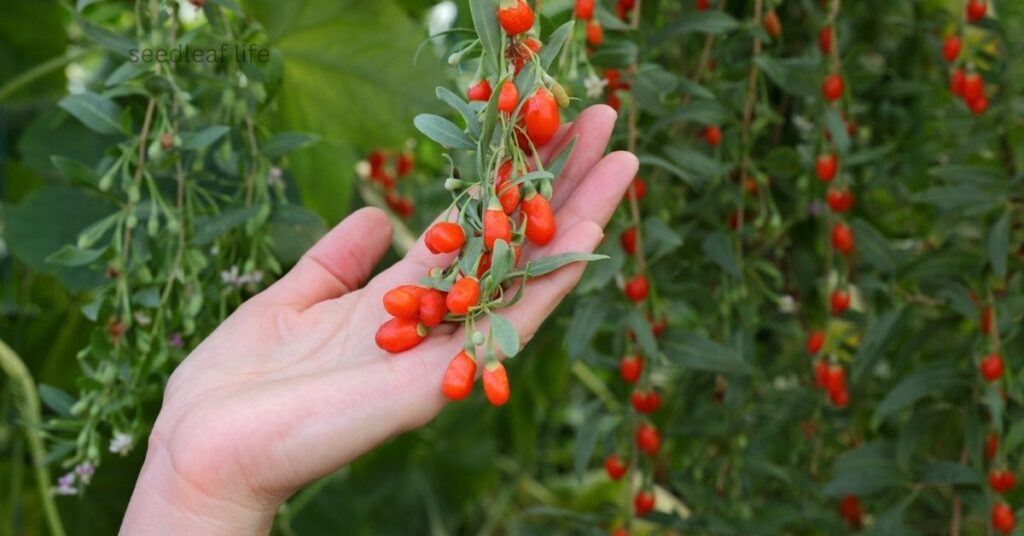
Proper care is key to growing goji berries that stay healthy and productive, ensuring you enjoy fresh, delicious fruits season after season.
Pruning and Training
Pruning and training goji berry plants is essential to maximize fruiting potential and maintain a healthy shape.
- Pruning: Regularly remove dead, damaged, or overcrowded branches to encourage robust growth. This improves air circulation and sunlight penetration, which are crucial for the plant’s overall health.
- Training: Support your plants with trellises or stakes to keep branches upright. This saves space and enhances fruit production by keeping berries off the ground, reducing the risk of rot.
Pest and Disease Protection
Vigilance is key to keeping goji berries healthy.
- Common Pests: Aphids, spider mites, and whiteflies can infest goji plants. Inspect plants regularly to catch problems early.
- Organic Control: Use beneficial insects like ladybugs or apply neem oil for pest management without harming the plant.
- Disease Prevention: Ensure good drainage and avoid overhead watering to prevent fungal diseases, which thrive in excessive moisture.
Container Growing Tips
Goji berries can thrive indoors if given the right conditions.
- Pot Selection: Choose a container with adequate drainage holes to prevent waterlogging.
- Soil: Use a well-draining potting mix enriched with organic matter.
- Watering: Allow the soil to dry slightly between waterings, as goji berries prefer slightly dry conditions. Avoid overwatering to prevent root rot.
- Sunlight: Place containers in a location that receives at least 6 hours of sunlight daily to encourage healthy growth and fruiting.
By following these pruning, pest management, and container growing strategies, you can ensure your goji berry plants stay healthy and productive — the perfect approach to growing goji berries successfully at home.
Harvesting and Using Goji Berries
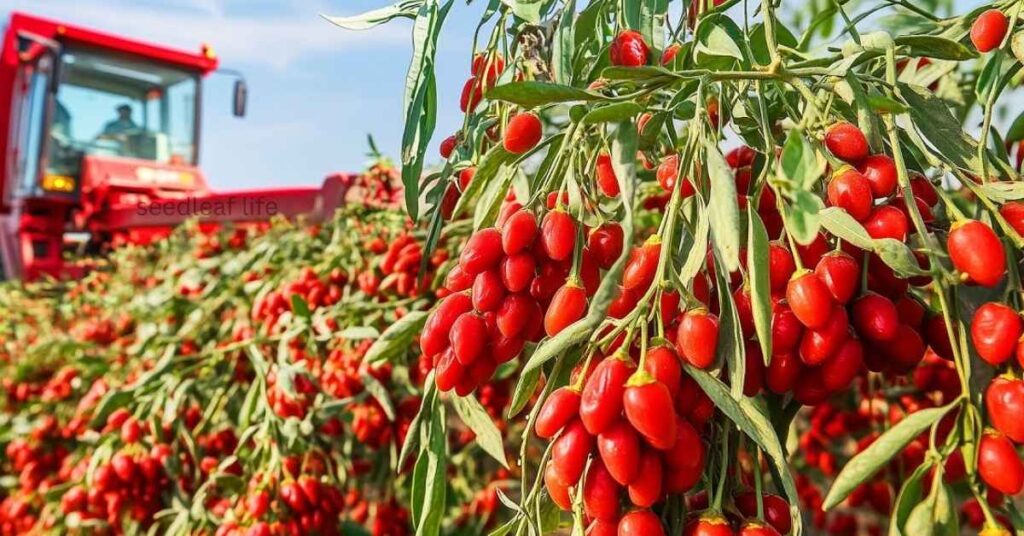
The most rewarding part of growing goji berries is the harvest—enjoy these vibrant fruits fresh, dried, or blended into your favorite healthy recipes.
Signs Berries Are Ready to Pick
Knowing when goji berries are ripe is crucial for flavor and nutritional benefits.
- Color: Berries should turn a vibrant red.
- Texture: They should feel slightly soft to the touch.
- Skin: A slight wrinkling can indicate concentrated nutrients and sweetness.
Harvesting at this stage ensures maximum flavor and health benefits.
Best Time to Harvest
- Season: Typically late summer to early fall, depending on your climate.
- Time of Day: Pick early morning or late afternoon when temperatures are cooler to reduce stress on the fruit and maintain freshness.
Ways to Use Goji Berries
Goji berries are versatile and can be enjoyed in multiple ways:
- Fresh: Eat as a healthy snack.
- Dried: Add to trail mixes, cereals, or baked goods.
- Smoothies: Blend into drinks for a nutrient boost.
- Tea: Steep in hot water for a nourishing infusion.
Whether fresh or dried, incorporating goji berries into your diet adds both flavor and nutritional value.
How to Protect Goji Berries from Birds at Home
Last summer, when I first started growing goji berries in my backyard, I was thrilled to see the bright red fruits appear. But within days, birds discovered them before I could enjoy a single one! That’s when I learned a few smart tricks to protect my goji berries and keep my harvest safe.
Garden Netting or Mesh
One of the most effective ways to protect goji berries from birds is using garden netting or mesh.
- Allows sunlight and rain to nourish plants while keeping birds away.
- Choose fine, durable mesh that won’t entangle smaller birds.
- Drape over bushes and secure with stakes or weights to prevent displacement by wind.
- Creates a microclimate around plants, promoting healthier growth.
Reflective Tape or CDs
- Adding reflective materials can creatively deter birds.
- Hang strips of reflective tape or old CDs around your goji berry plants.
- The shimmering surfaces confuse and frighten birds, reducing their visits.
- This method is eco-friendly and adds a visually appealing touch to your garden.

Scarecrow / Plastic Owl
- Classic visual deterrents can be highly effective.
- Place a scarecrow or a realistic plastic owl near your plants.
- Birds perceive these as predators and tend to avoid the area.
- Move the scarecrow or owl periodically to maintain effectiveness.
- Adding vibrant clothing or bells can enhance the scare factor.

Protective Cages for Small Gardens
For smaller spaces, protective cages provide secure protection.
- Construct using bamboo stakes and chicken wire or buy pre-made cages.
- Keeps birds, rabbits, and deer away from your plants.
- Lightweight and portable, allowing easy maintenance and monitoring.
Using a combination of these methods will keep your goji berries safe from birds, help in growing goji berries that stay healthy, and ensure a bountiful harvest. Try mixing reflective objects with a small scarecrow or netting—birds get confused and are less likely to bother your berries!
Goji Berries: Tiny Fruits with Big Health Benefits

When I began growing goji berries, I never imagined these tiny red fruits could offer such powerful health benefits — from boosting immunity to enhancing skin glow.
Boost Immune System
Incorporating goji berries into your daily diet can give your immune system a powerful boost.
- Rich in Vitamin C: Supports immune function and helps the body fend off illness.
- Daily Intake: Just a handful provides essential nutrients for overall health.
- Natural Properties: Enhance the body’s defenses, especially during cold and flu season.
Improve Eyesight and Skin Health
Goji berries are renowned for promoting eye and skin health.
- Eye Health: High in zeaxanthin, an antioxidant that filters harmful blue light and protects against age-related vision issues.
- Skin Health: Packed with beta-carotene and antioxidants that combat free radicals, promoting a radiant, youthful glow.
- Fresh from Garden: Enjoying homegrown berries nourishes your skin from within.
Rich in Antioxidants and Vitamins
These little fruits are true nutrient powerhouses.
- Nutrient Profile: Contain antioxidants, vitamins A and C, iron, and dietary fiber.
- Versatile Use: Add to smoothies, salads, or snacks to boost nutrition effortlessly.
- Overall Wellness: Regular consumption supports health while delighting your taste buds.
Conclusion
Growing goji berries involves understanding several essential steps to kickstart your gardening journey. Each step serves as a building block, guiding beginners toward cultivating their green thumb with confidence. Remember, gardening is not just about growing plants — it’s also a wonderful way to enhance your physical health and mental well-being. The benefits of spending time in nature and nurturing life are immense, offering a sense of fulfillment and relaxation. So, don’t hesitate — grab your tools, embrace the soil, and start your gardening adventure today!

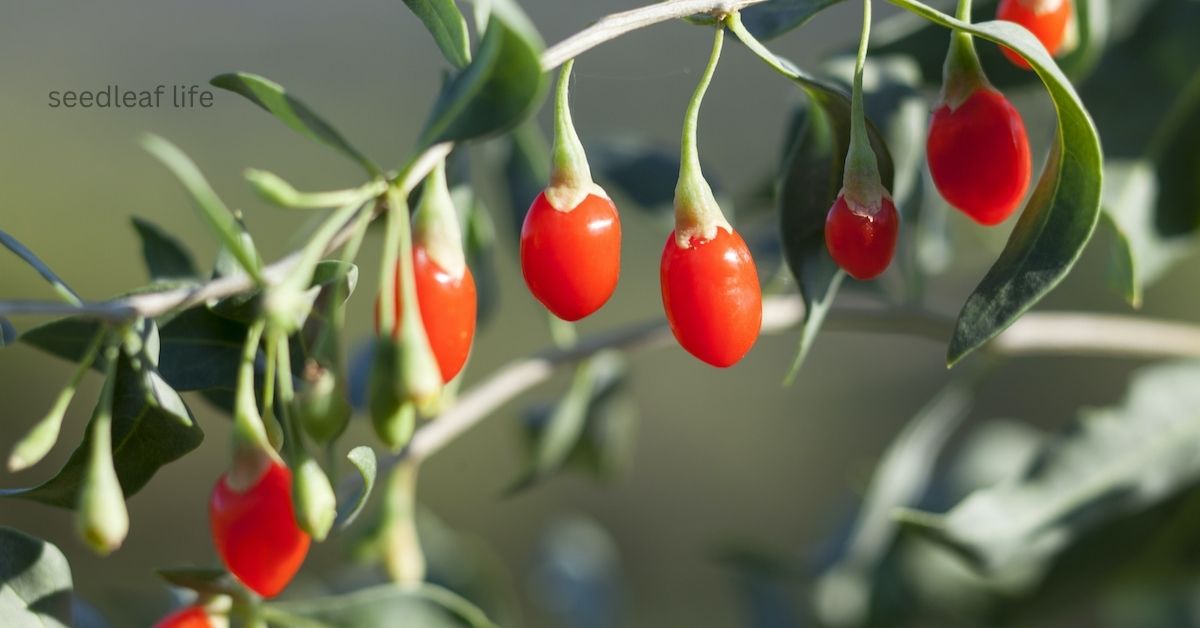
Leave a Reply to How to Plant a Fig Tree: 9 Easy Steps at Home Cancel reply